|
The six skills of pianists
I don’t believe in talent. In my experience, all the so-called talented people turned out to be the hardest working, patient, and focused people of any cohort. However, they also had access to resources, like time and money to support their journey. Fortunately, there is a consensus around the core curriculum and its proper sequencing in formal piano studies.
If I can help you on your journey, call me. David Revised 2024
0 Comments
Tips for playing piano beautifully. Concert artists have dedicated years learning to play the piano beautifully. They have studied and mastered all the elements of their craft: repertoire, technique, aural skills, sightreading, performance practice, historical awareness, idiomatic knowledge, and more. However, they all had to start somewhere. So here is a starting point for beginners and intermediate pianists looking to elevate their interpretive skills.
This is a starting point for expressive playing. To develop a more sophisticated understanding one must transcribe the performance practice of professionals from different eras performing your pieces and compare the results. For example, when comparing performances of the first 8 measures of Scarlatti’s Sonata in E K380 over decades of recordings you will discover the diverse ways the musicians interpret the trills. Most start above the principle note, but not everyone. The intensity, tempi, and dynamics vary as well. If I can help you further, call me. David
Seven steps to learning a new piece of piano music.
If I can help you further, call me. David Piano Practice Guide What should I practice to learn piano? Here are some suggestions to help you learn piano:
Once again good specific advice. David What should a Royal Conservatory of Music piano student practice each week? Please answer in rhyming couplets.A Royal Conservatory student, practicing piano,
Should aim for consistency, not just a one-time show. First, warm up those fingers with scales and arpeggios, Then move on to pieces, to let the music flow. Technical studies like Hanon or Czerny, Can help to build dexterity and avoid any injury. Sight-reading and ear training, don't forget to include, These skills are crucial and can't be misconstrued. Challenging repertoire, should be in the mix, To push your abilities, and you're playing to fix. Lastly, review and refine, what you've learned so far, Take your time, be patient, it will take you far. So Royal Conservatory piano student, keep in mind, Practice regularly, and you'll see yourself shine. I may lose my mind. David How should I practice piano?
To practice piano effectively, here are some steps you can follow:
Have fun: Finally, make sure to enjoy the process! Playing the piano should be a source of joy and fulfillment, not stress and frustration. ---------------------------- Not bad. However, recording yourself is missing. David First Edition 1798-99
Tempo:
None of the artists played with a completely steady beat, in other words, the tempo varied both from section to section and within sections.
David Revised August 2022 This is a simple concept that can be difficult to execute. When the melody goes up crescendo. When the melody goes diminuendo. The change will be small unless the composer indicates otherwise. Exceptions are clearly marked in the score. The last note in a melody before a rest, in Classical music, is played gently unless the composer indicates otherwise. The last note in a melody before a rest, in Jazz music, is played strongly unless the composer indicates otherwise. Please check out the following recording. If I can help you, call me. David Revised August 2022
Everyone understands that the piano is played with the fingers. But not all students understand the role of the wrists, arms, and shoulders in piano playing. These techniques create a kaleidoscope of colour in our playing, and it helps reduce our chances of injury. I wish my early teachers had spent more time on this when I was a kid. My ignorance of these techniques lead to significant arm injury in my late twenties. At age thirty I began relearning the piano with Donald Himes. It took 15 years. Modern piano teaching methods introduce each of these techniques at the appropriate moment. Here is a partial list of techniques. They be observed in the playing of fine pianists. Here is a partial list.
I use some of these techniques in the following video. If you would like help, call me. David Story Donald Himes: Music director/composer for the Mr. Dress-up show CBC. He played from the 1st show to the last. A fine pianist, great teacher and avid Francophile. Revised August 2022
These ten activities will simplify the process of learning a new piece of music.
David Revised September 2022 My first demonstration of pedaling using the Midiculous software. This is one interpretation among many possibilities. I have marked the right hand legato and the left-hand quarter notes staccato. These staccato notes would be a 'wet' staccato, or "portato". Slightly detached but marked to give the music some forward momentum. James Maddox presents a lovely rendition that closely resembles the edit above. He does place less emphasis on the broken chords of measures 9 and 16 though. Enjoy David Revised October 2022 These are short, charming, easy pieces for levels 5 and 6. Q: What can harpsichordists teach pianists? A: How to pace the music. Listen to the subtle flexibility in the flow of the music. In the second video the performer talks about these works. Enjoy, David Revised October 2022 Preplanning shortens the time needed to "learn" a piece of music. I start, if I can, by listening to several professional performances. Some of the marks on the score reflect what I heard in a particular performance and other marks are a result of my own deliberations. As I revise this blog, I regret that I didn't mark down what was what and from whom.
Planning an interpretation
David Revised October 2022 "How good do you want to be?" “What do you want to accomplish?"
Some benchmarks from accomplished colleagues:
This amount of time is sufficient to cover all that needs to be done is the areas of technique, etudes, repertoire, theory or ear training and finally sight reading. Though your experience may slight differ, as some point all skilled musicians have put in the time. Best regards, David Story PS: I'd like to thank my colleague Becky Yuan and former teacher Leon Karan for input on the numbers. Becky Yuan: Mississauga http://beckyyuan.com/ Leon Karan: Hamilton http://www.leonkaran.com/ revised 2024 |
You've got to learn your instrument. Then, you practice, practice, practice. And then, when you finally get up there on the bandstand, forget all that and just wail. AuthorI'm a professional pianist and music educator in West Toronto Ontario. I'm also a devoted percussionist and drum teacher. Categories
All
|
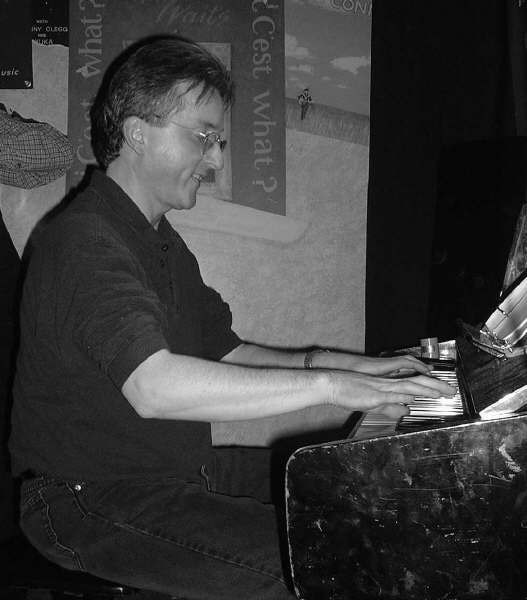
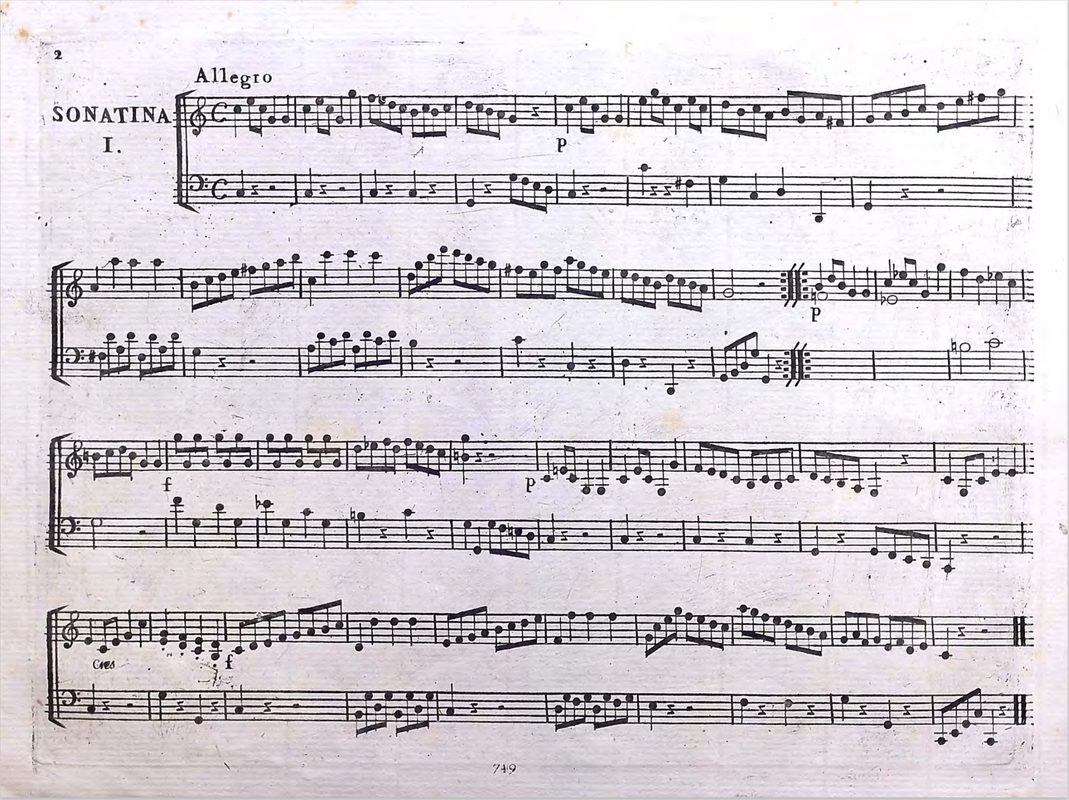
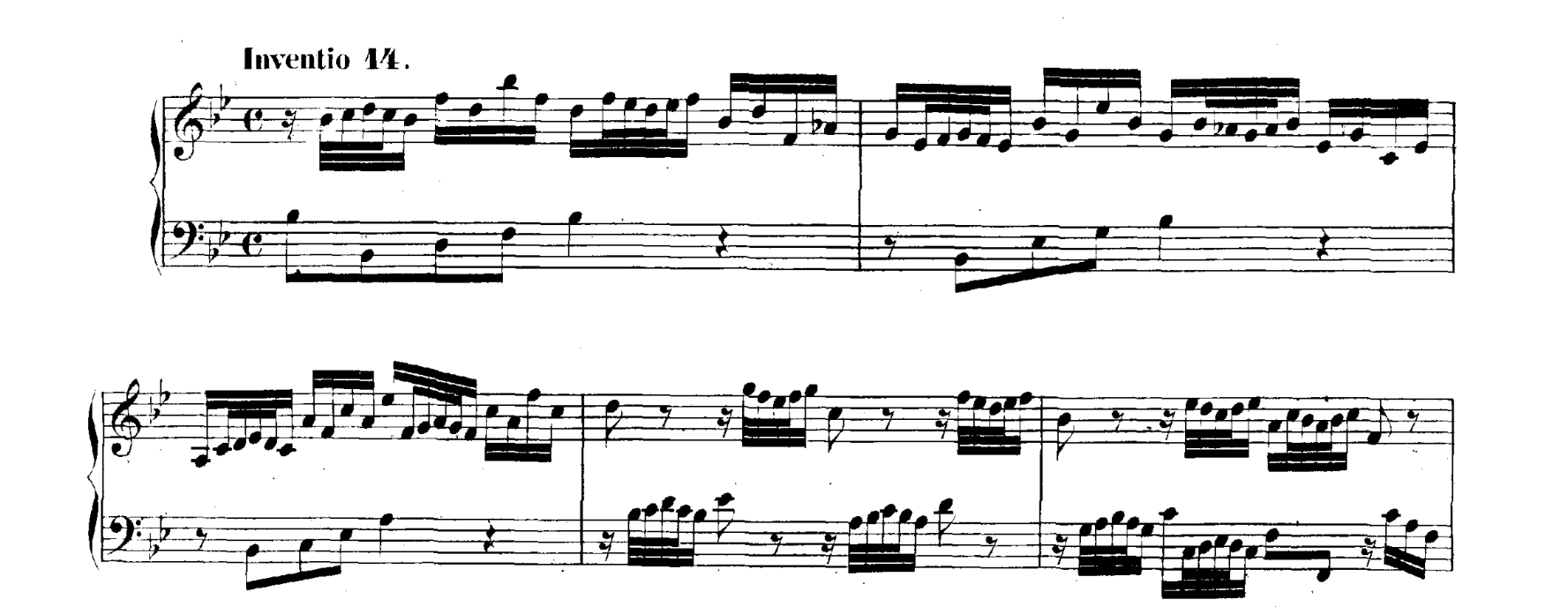
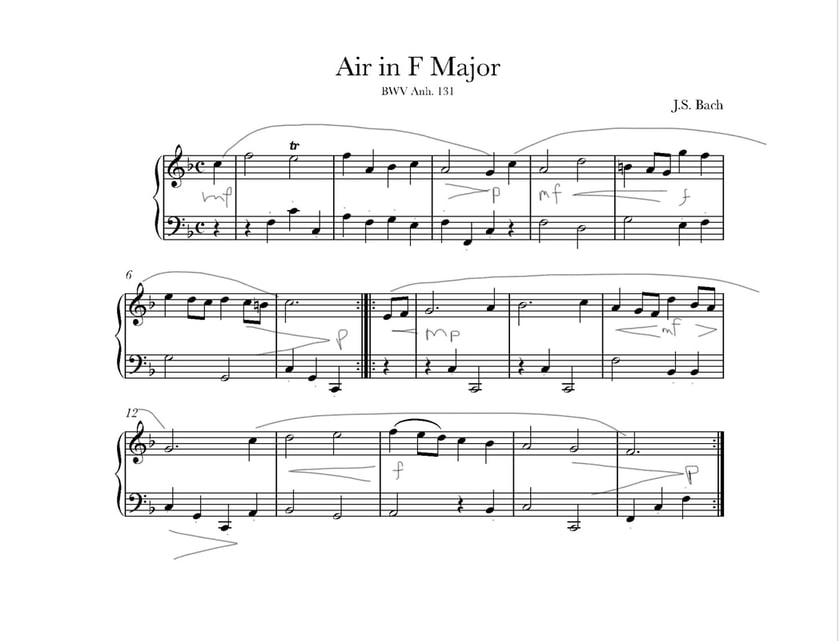
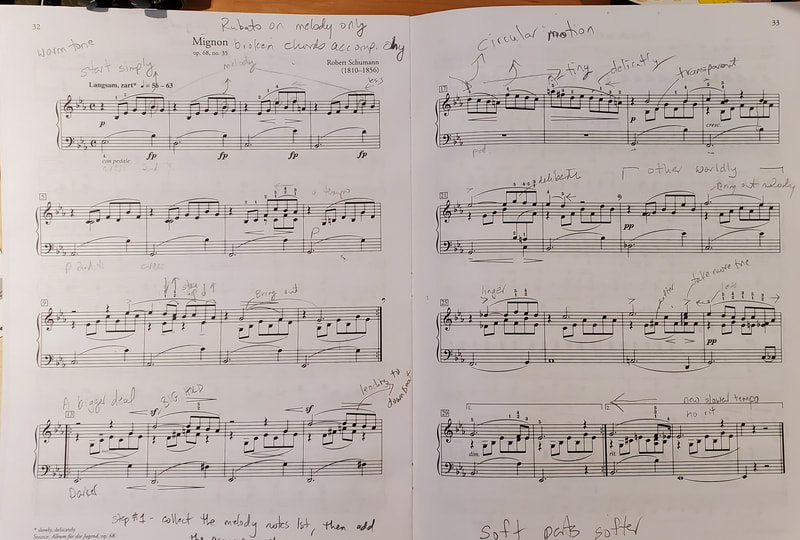
 RSS Feed
RSS Feed